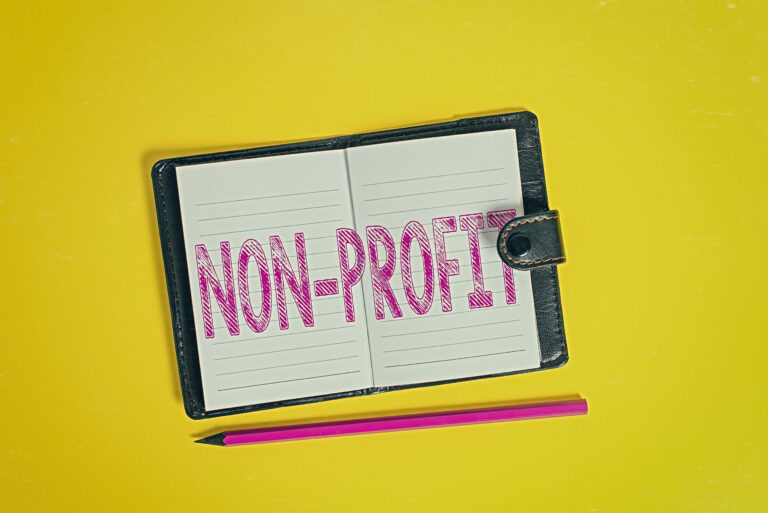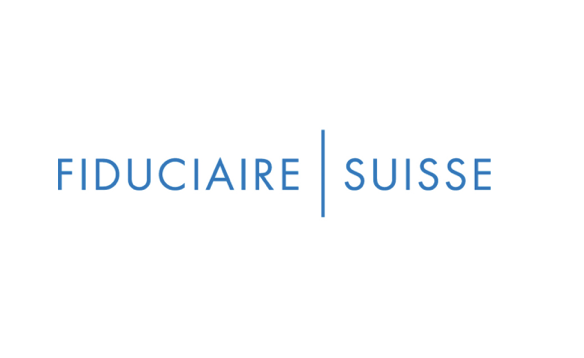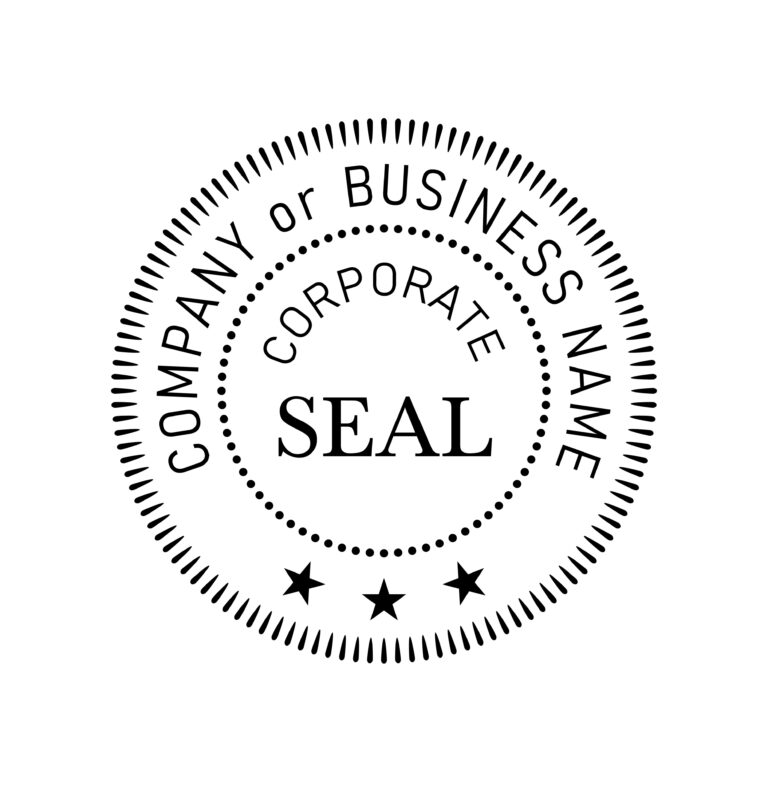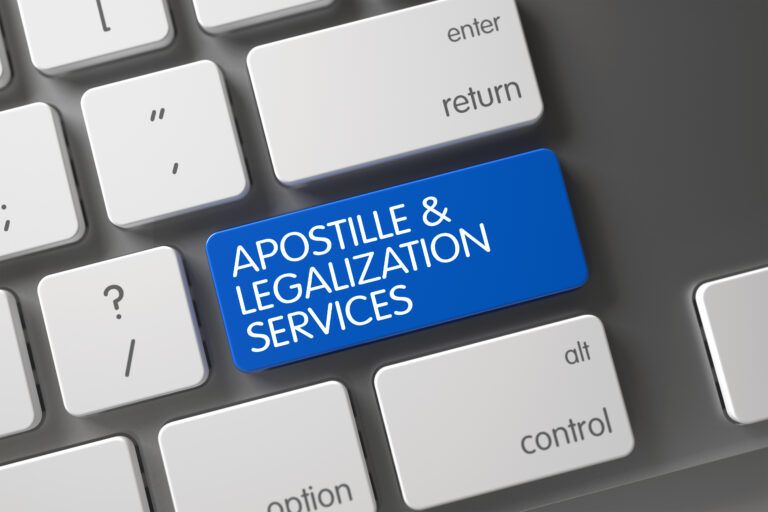Sale/Purchase of a Business in Switzerland: Legal, Tax, Accounting and Administrative Guide
Sale/Purchase Business Switzerland
In most legal systems worldwide, the transfer of a business—often referred to internationally as a business transfer, asset deal, or transfer of a going concern (TOGC)—is a strategic operation to sell or acquire an existing activity.
However, the legal treatment varies widely:
-
In civil-law jurisdictions such as France, Belgium or Morocco, the “fonds de commerce” (business as a going concern) is a distinct legal concept with its own codified regime (public notice, creditor protection, privilege of the vendor).
-
In common-law countries (United Kingdom, United States, Canada, etc.), the notion is addressed through asset purchase agreements or share purchase agreements, with specific rules for employees (e.g. UK TUPE Regulations) and indirect taxation (VAT/GST).
Switzerland stands apart.
It has no stand-alone legal status for a “fonds de commerce”. Instead, Swiss law regulates such transactions through general provisions of the Swiss Code of Obligations (CO), complemented by the Swiss Merger Act (LFus), and detailed fiscal and administrative practice (VAT, direct taxes, labour law).
This comprehensive guide explains the legal, tax, accounting and administrative framework for the sale/purchase of a business in Switzerland, highlighting its unique features compared to other jurisdictions.
1) Concept and Scope of the Sale/Purchase of a Business in Switzerland
Switzerland does not provide a specific statutory regime for the “fonds de commerce”.
Instead, the transaction is usually structured as one of the following:
-
Asset deal: sale of selected elements such as customer base, inventory, equipment, trademarks, or specific contracts.
-
Share deal: purchase of the company itself, including all assets, liabilities, and contracts.
-
Transfer of assets and liabilities under the Swiss Merger Act (LFus, art. 69 ff.): a universal transfer of assets and liabilities “en bloc”, with registration in the Commercial Register and a statutory procedure to protect creditors.
In Swiss fiduciary practice (for example, RISTER – Fiduciary in Geneva or global firms like PwC), the expression “sale/purchase of a business as a going concern” is used as a convenient umbrella for these mechanisms.
2) Three Legal Routes for the Sale/Purchase of a Business in Switzerland
a) Asset Deal (Sale of Selected Assets)
In an asset deal, the seller transfers individual components such as clientele, stock, equipment, trademarks, or contracts.
Each element follows its own transfer rules:
-
Assignment of receivables (art. 164 ff. CO)
-
Assignment of commercial lease (art. 263 CO)
-
Transfer of intellectual property rights
Alternatively, the Swiss Merger Act (LFus, art. 69 ff.) allows a universal transfer of assets and liabilities in a single step.
This process—recommended by fiduciaries such as RISTER—simplifies complex sales by avoiding numerous separate assignments and ensures creditor protection through official publication.
b) Share Deal (Transfer of Shares or Quotas)
A share deal consists of acquiring the legal entity that operates the business. All contracts, licences, employees, and potential disputes remain within the company.
-
Limited Liability Company (Sàrl/GmbH): transfer of quotas requires a notarised deed and registration in the Commercial Register.
-
Corporation (SA/AG): transfer of registered shares is carried out by endorsement or written assignment, subject to any statutory transfer restrictions, but no federal notarisation is required.
This route is often chosen when legal continuity is essential.
c) Transfer of Business (Labour Law)
Under article 333 CO, employment contracts are automatically transferred to the purchaser when a business or a distinct part of it retains its identity.
Employees have a right of objection, and the employer must inform and consult staff (art. 333a CO).
Swiss Federal Supreme Court rulings consistently uphold these obligations to avoid employment disputes.
3) Key Legal Considerations in a Sale/Purchase of a Business as a Going Concern
A thorough legal checklist is critical to secure the transaction:
-
Commercial lease (art. 263 CO): may be assigned to the purchaser with the landlord’s written consent, which can only be refused for serious reasons. The original tenant remains jointly liable for a transitional period.
-
Customer and supplier contracts: in an asset deal, their assignment often requires explicit consent, especially if a change-of-control clause exists.
-
Intellectual property: transfer of trademarks, patents, or trade names must be recorded with the Swiss Federal Institute of Intellectual Property (IPI) to be enforceable.
-
Data protection (nFADP 2023): customers and employees must be informed, privacy notices updated, and the legal basis for processing confirmed.
-
Regulatory authorisations: in sectors such as hospitality and catering, licences are personal and location-specific; the buyer must obtain their own authorisation from the competent canton (e.g. Geneva, Vaud).
-
Merger control (COMCO): notification is required if combined turnover thresholds are met (CHF 2 billion worldwide or CHF 500 million in Switzerland, and at least CHF 100 million each for two parties).
4) Indirect Taxation: VAT and Securities Transfer Stamp Duty
a) VAT
According to Swiss Federal Tax Administration (FTA) practice and the VAT brochure “Restructuring”, a sale/purchase of a business as a going concern can qualify as a transfer of a going concern (TOGC).
If the buyer continues the activity and assumes the seller’s VAT rights and obligations, the transaction falls outside the scope of Swiss VAT: no VAT is charged, and the buyer inherits the seller’s VAT position (number, input tax rights and obligations).
If the sale concerns only isolated assets (e.g. individual machines or stock), normal VAT applies.
For transfers including real estate, the FTA may require a special declaration procedure (art. 38 LTVA).
Conditions under Swiss practice:
-
Transfer of the entire business or an independent branch, including all essential operating elements.
-
Continuation of the activity by the purchaser without significant interruption.
-
Purchaser is or becomes VAT registered at the time of transfer.
-
Seller and buyer notify the FTA and, where necessary, file the prescribed declaration form.
Examples:
– Sale of a restaurant with equipment, staff and lease, taken over without interruption.
– Sale of a complete production site with customer and supplier contracts and immediate continuation.
Impact:
– For the seller: no VAT to charge or remit on the purchase price.
– For the buyer: no cash-flow burden and immediate succession in the VAT position.
The TOGC concept in Switzerland thus results from administrative practice and the combined reading of arts. 10 ff., 18 ff. and 38 of the Swiss VAT Act (LTVA), not from a single statutory article.
b) Securities Transfer Stamp Duty
In a share deal, the involvement of a Swiss securities dealer triggers federal transfer stamp duty:
-
0.15 % on Swiss securities
-
0.30 % on foreign securities.
A subsequent capital increase may also trigger 1 % issuance duty.
5) Direct Taxes for Seller and Purchaser
a) Individual Seller (Sole Proprietorship or General Partnership)
-
Capital gains and hidden reserves are taxed as ordinary income (art. 18 LIFD).
-
Liquidation gains realised after age 55 or upon disability may benefit from reduced taxation (art. 37b LIFD).
-
If business property is sold, cantonal real estate capital gains tax applies under either monistic or dualistic systems.
b) Corporate Seller (SA/AG/Sàrl/GmbH)
-
Gains on assets are subject to federal and cantonal corporate income tax.
-
A private individual shareholder selling shares normally enjoys tax-free capital gains, except in cases of indirect partial liquidation.
-
Corporate shareholders may benefit from the participation exemption if conditions are met.
c) Purchaser
-
In an asset deal, the buyer may amortise assets and acquired goodwill over five to ten years for tax purposes.
-
In a share deal, there is no tax step-up of the target’s assets, and all latent tax risks are inherited.
d) Real Estate
If the transaction includes property:
-
Cantonal real estate transfer tax (e.g. 3 % in Geneva) is due.
-
Real estate capital gains tax can be significant if the holding period is short.
6) Accounting and Swiss Standards
-
Seller: derecognises assets at the sale price and records any gain.
-
Buyer: records the acquired assets and goodwill in accordance with the Swiss Code of Obligations or Swiss GAAP FER. Goodwill is typically amortised over five years (exceptionally up to twenty with justification) and subject to regular impairment testing.
7) Transaction Process for the Sale/Purchase of a Business as a Going Concern
-
Due diligence: legal (contracts, leases, IP, employment), tax (VAT, hidden reserves), financial (earnings quality, working capital), and regulatory.
-
Price mechanisms: locked-box (price fixed as of a historical date) or completion accounts (price adjusted at closing).
-
Representations, warranties and indemnities: including non-competition and non-solicitation clauses.
-
Formalities: share deals in a Sàrl require a notarial deed and Commercial Register filing; a universal asset transfer can be recorded under the LFus with official publication.
8) Commercial Lease and Workforce Transfer
-
Commercial lease: negotiate the assignment with the landlord, clarify remaining term, rent, guarantees and authorised works.
-
Workforce: under art. 333 CO, employment contracts transfer automatically; harmonisation of working conditions, occupational pension plans (LPP/BVG) and accrued leave must be addressed.
9) Administrative Steps Before, During and After Closing
-
Before signing: verify transferability of licences and sector-specific permits (e.g. hospitality, food trade).
-
Between signing and closing: obtain consents (landlord, banks, key suppliers), secure financing, and comply with any COMCO merger control requirements.
-
After closing:
-
Update Commercial Register entries.
-
Adjust VAT, social security (AVS/AHV) and occupational pension (LPP/BVG) registrations.
-
Record trademark assignments with the IPI.
-
Update data protection notices and processing registers (nFADP).
-
10) Valuation and Financing
The purchase price is typically based on:
-
the Swiss practitioners’ method (average of net asset value and capitalised earnings),
-
market multiples, or
-
a discounted cash flow (DCF) model.
Earn-out clauses (price contingent on future performance) and locked-box mechanisms are common but require careful VAT and tax analysis.
11) Pitfalls and Best Practices
-
Adapt contract templates: Switzerland has no BODACC (public notice) system and no statutory vendor’s lien on a business as a going concern.
-
Correctly qualify the transaction to avoid unexpected VAT liability.
-
Obtain the landlord’s written consent before closing.
-
Fulfil employee information and consultation duties to prevent disputes.
-
Anticipate real estate transfer taxes and capital gains taxes if property is included.
Engaging a specialised fiduciary such as RISTER – Fiduciary in Geneva ensures coordination of notaries, lawyers, tax advisers and accountants, mitigating these risks.
Conclusion
The sale or purchase of a business as a going concern in Switzerland is a multidisciplinary transaction requiring precise planning.
It combines company law (CO, LFus), tax law (LTVA, LIFD), labour law (art. 333 CO), accounting standards (Swiss GAAP FER) and administrative formalities (Commercial Register, IPI, FTA).
With the support of experienced professionals—fiduciary, legal counsel and tax experts—both seller and buyer can secure the transaction, optimise taxation and ensure a smooth transition.
Services of RISTER – Fiduciary in Geneva in Business Transfers
RISTER – Fiduciary in Geneva provides end-to-end support for the sale or purchase of a business or operating unit.
The team performs full due diligence (contracts, leases, hidden liabilities, tax structure), designs the optimal legal structure (asset deal, share deal or universal transfer under LFus), and advises on tax optimisation (VAT, corporate income tax, real estate capital gains).
RISTER drafts and coordinates transaction documents (including price mechanisms such as earn-outs or locked-box clauses), liaises with notaries and authorities, and manages closing formalities (Commercial Register filing, Swiss VAT declarations, licence transfers, social security notifications).
Post-acquisition, RISTER ensures smooth accounting integration, goodwill allocation and ongoing tax planning.
With deep knowledge of Geneva’s regulatory environment and strong links to local notaries, lawyers and Swiss public administrations, RISTER guarantees a secure and seamless transfer of business operations.
FAQ – Sale/Purchase of a Business as a Going Concern in Switzerland
1. What is meant by the sale/purchase of a business as a going concern in Switzerland?
Switzerland has no specific legal concept of “fonds de commerce”. The term generally refers to an asset deal, a share deal, or a universal transfer of assets and liabilities under the Swiss Merger Act (LFus), allowing the transfer of all or part of an existing business including its customer base, lease, contracts and employees.
2. What are the main legal structures for such a transaction?
Asset deal – sale of identified assets; Share deal – acquisition of company shares/quotas; Universal transfer under LFus – a single transfer of all assets and liabilities with creditor protection.
3. What happens to employees?
Under art. 333 CO, employment contracts automatically transfer to the buyer if the business retains its identity. Employees may object and must be informed and consulted (art. 333a CO).
4. How is the commercial lease handled?
The lease can be assigned with the landlord’s written consent (art. 263 CO), which can be refused only for serious reasons. The seller remains jointly liable for a transitional period.
5. What VAT treatment applies?
Under FTA practice and the VAT brochure “Restructuring”, a full business or branch transfer can qualify as a Transfer of a Going Concern (TOGC) and is outside the scope of VAT, provided the activity continues and the buyer is or becomes VAT registered. Otherwise, standard VAT applies, and a special declaration procedure (art. 38 LTVA) may be required, especially if real estate is included.
6. What are the direct tax implications for the seller?
Individuals: capital gains and hidden reserves are taxed as income (art. 18 LIFD); liquidation gains may benefit from reduced taxation (art. 37b LIFD).
Companies: asset gains are subject to corporate tax; private share sales are generally exempt, subject to anti-abuse rules.
7. What about the buyer?
In an asset deal, the buyer may amortise assets and goodwill over 5–10 years. In a share deal, no tax step-up is possible, and latent tax risks are inherited.
8. What administrative steps are required?
Before, during and after closing: verify and transfer sectoral licences, update the Commercial Register, adjust VAT/AVS/LPP registrations, record trademark assignments, and update data protection documentation (nFADP).
9. How is the purchase price determined?
Common methods include the Swiss practitioners’ method (average of net assets and earnings), market multiples or DCF. Earn-out and locked-box clauses are frequent.
10. What are key risks and best practices?
Obtain landlord consent in writing, meet employee information duties, correctly qualify the transaction to avoid unexpected VAT, and anticipate real estate transfer taxes and capital gains taxes if property is included.
11. What is RISTER’s role?
RISTER – Fiduciary Geneva guides sellers and buyers from planning through completion: due diligence, structuring, VAT and direct tax optimisation, drafting and coordinating contracts, and managing post-closing accounting and compliance.












